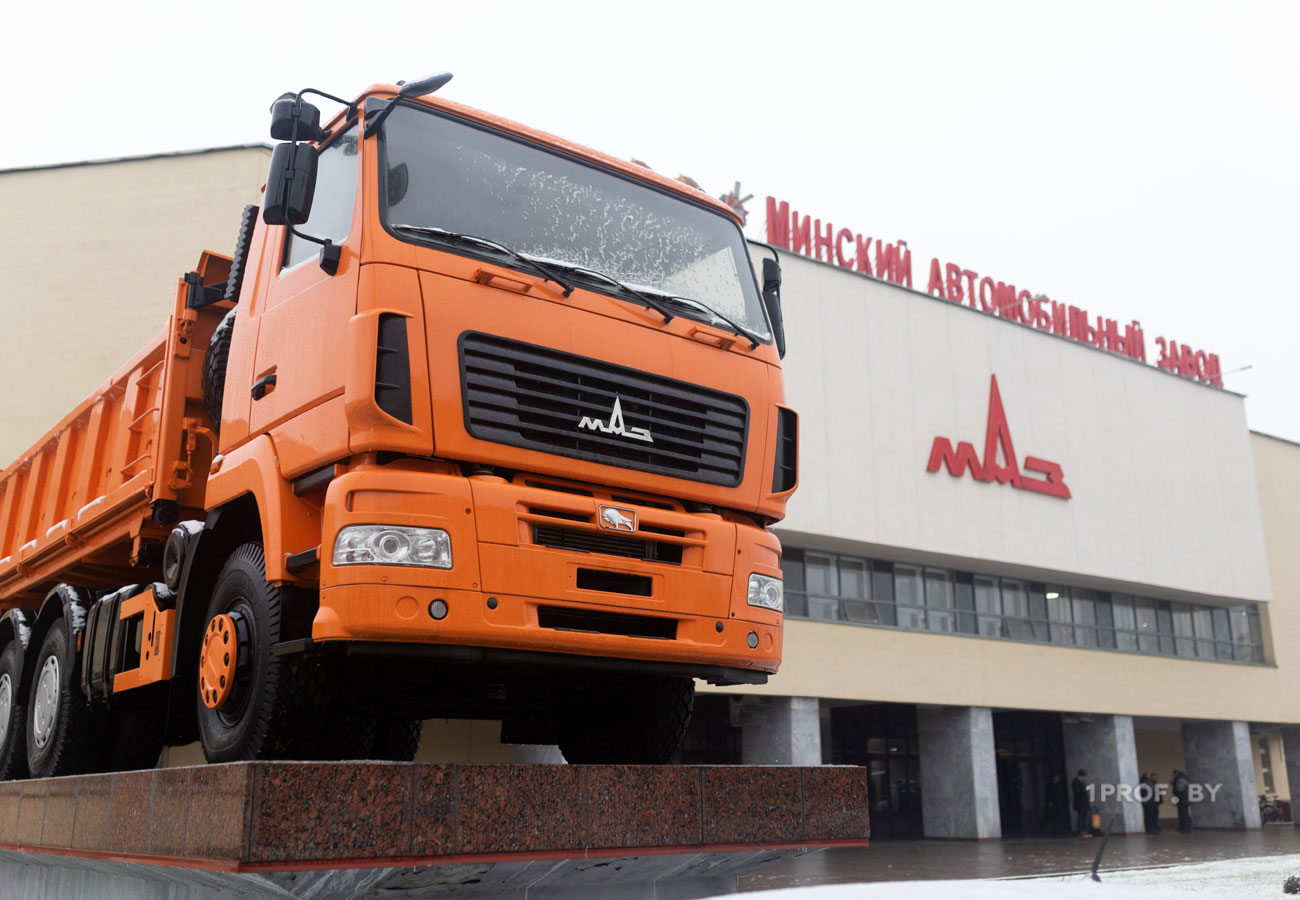The fourth package of sanctions against Alexander Lukashenko’s regime included 78 individuals, as well as eight state-owned enterprises and companies.
The Council of the European Union on Monday, June 21, approved the fourth package of sanctions against the regime of Alexander Lukashenko in Belarus. The restrictive measures were published in the Official Journal of the EU and immediately came into force. The sanctions list includes 78 individuals, as well as eight state-owned enterprises and companies. “This decision was made in view of the escalation of serious human rights violations in Belarus and violent repressions against civil society, democratic opposition and journalists,” the EU Council’s press release says.
Part of the penalties were introduced for the forced landing of a Ryanair plane in Minsk on 23 May. The state-owned enterprise Belaeronavigatsia, which controls air traffic in Belarus, and seven individuals, including the general director of Belaeronavigatsia Leonid Churo and the country’s transport minister Aleksey Avramenko, fell under them. Most of the sanctions concern the continuation of repression by the Lukashenka regime. Among those who were blacklisted are Alexander Lukashenko’s son Dmitry, Belarusian Defense Minister Viktor Khrenin, Deputy Prosecutors General of the country Alexey Stuk and Gennady Dysko, several parliament members, including Oleg Gaidukevich, Deputy Chairman of the House of Representatives Commission on International Affairs, and a number of judges, prosecutors and employees of the Investigative Committee of Belarus, including its chairman Dmitry Gora.
MAZ and BelAZ also fell under EU sanctions
The list includes a number of businessmen and such enterprises as the Minsk Automobile Plant (MAZ), the Belarusian Automobile Plant (BelAZ), the logistics operator Bremino Group and the oil trader CJSC New Oil Company. In addition, it includes the companies “Globalalkastom Management” and “Logeks”, which provide services in customs declaration and logistics, and “Sokhra”, which promotes Belarusian products in foreign markets.
Individuals from this list are prohibited from entering the territory of the European Union, their assets, if they exist in the EU countries, will be frozen. The assets of companies are also frozen. Citizens and companies from the European Union are prohibited from providing them with funds.

